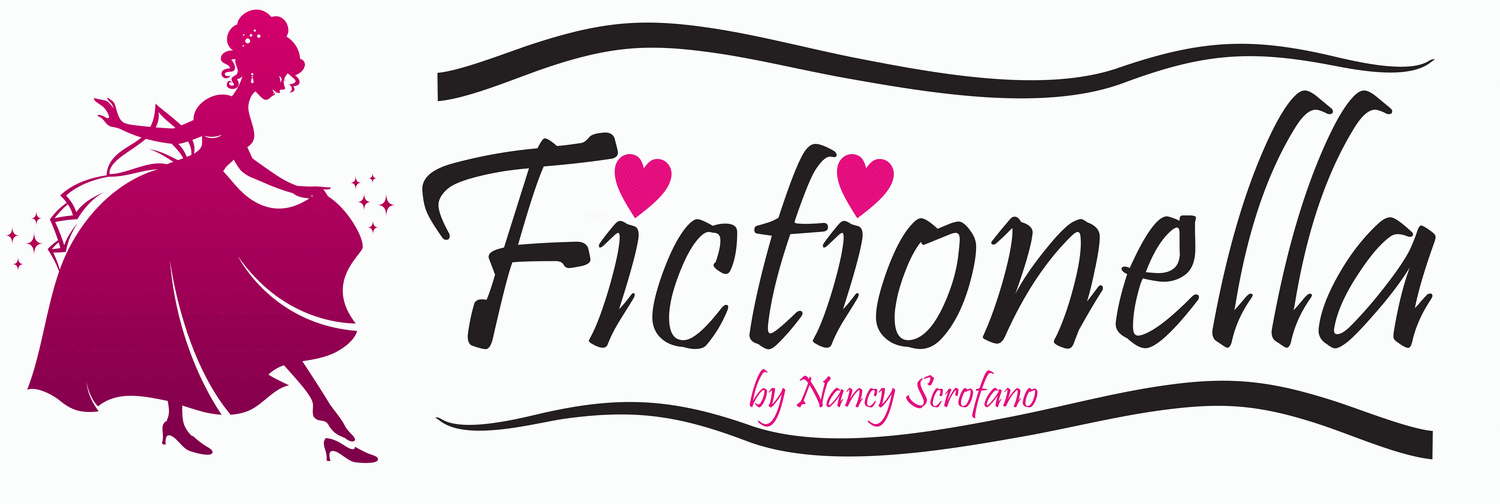When I read the news that Melissa Senate, author of ten novels, will be releasing her eleventh novel under a secret pseudonym, I was disappointed. In her post where she reveals the news, she is optimistic about this decision (who in her shoes wouldn’t spin it to be something positive?), but I’m not as enthusiastic about it. I wish Melissa the best of luck and this post is in no way putting her down. While it might be the best decision for her and her career, I don’t agree with it. Melissa isn’t the only one who made the decision though. From her post, it seems like publisher Simon & Schuster gave her an ultimatum: either they publish her book under a new name or they don’t publish it all. Obviously, most authors would want to continue to use their own name that has been on all of their books and has become their brand. However, when faced with the you-do-what-we-tell-you-or-you-won’t-have-a-big-publisher-behind-you ultimatum, I can understand feeling as if this is the only route to take. What I don’t understand is Simon & Schuster’s reasons for doing this. Melissa’s last couple of books didn’t do as well as they hoped, but everyone has a slump once in a while, especially with the economic problems and the changes in the publishing industry. Plus, putting all of the blame for the low sales on the author’s name is unfair. It takes a team to publish, market, promote, and sell a book.
We all know that women’s fiction/chick lit isn’t doing as well as it has in previous years. Big publishers are trying to force trends and mostly publishing “serious women’s fiction” since they feel that the market was saturated with too much chick lit. However, chick lit is still very much in demand and authors of this genre are choosing to self-publish to get their books out there because elsewhere, they don’t have a chance. I wonder why Melissa didn’t decide to self- publish her eleventh book under her own name. I know it takes a lot of work to self-publish a book, but with the already established readership of her books in her own name, it seems worth it to take that leap.
There are several reasons why Melissa’s switch to a secret pen name is problematic. She has a fan base of people who love books written by Melissa Senate with the name Melissa Senate on the cover. With this new secret name, her fans will have no idea that the “debut author” she presents herself as is really her, so people that would have bought a Melissa Senate book may not buy the new one under the pseudonym. In this scenario, the Melissa Senate fans are not considered at all. They won’t know when her eleventh book is released because it’s essentially a secret. The fans are left in the dust as Melissa pursues an unnecessary rebuild of her whole career and starts from scratch. But aren’t the purposes of writing and sharing stories to entertain people and give them an escape? If writing books becomes a completely selfish pursuit fueled by monetary gain, then motives should be reevaluated.
It’s also really difficult for a debut author to sell a lot of books. Few debuts become runaway bestsellers, so the sales of the pseudonym book might wind up being less than the sales of a Melissa Senate book that would have been or would not have been a bestseller. It’s all about the brand. I don’t understand why a publisher that is clearly only concerned about money in this situation and is trying to make money off of a new, different name would throw away a well-established name. It sounds like more of a risk than self-publishing. Simon & Schuster wants to trick people into buying a Melissa Senate book by repackaging it as something else. Melissa said that the new book will be in the same genre as all of her other books, so the only difference is the fake name on the cover. It is a deceitful way to try to make more money and it probably won’t work for the reasons I already stated.
I know this post might sound a little harsh, but I just don’t like the dishonest nature of the secret pseudonym after a brand has been established and readers have become invested. I also don’t like to see a publisher practically forcing an author to compromise their own identity in order to try to sell more books. It isn’t right. It also puts chick lit in a bad light like chick lit authors should hide and completely reinvent themselves to succeed in such a “dead” genre. Where is the respect for chick lit and chick lit authors?
I commend Melissa for doing something daring for a fresh start, but it’s also disappointing that she wasn’t willing to stay true to herself and her readers, even if that meant giving up the big publisher to pursue other options.
--
What do you think?


.png)
